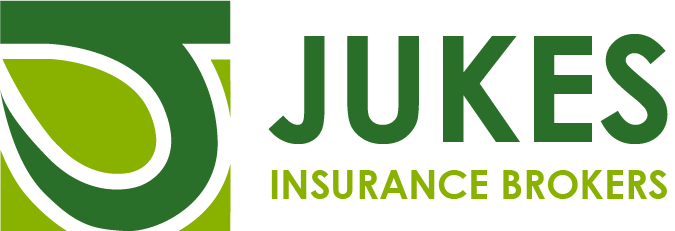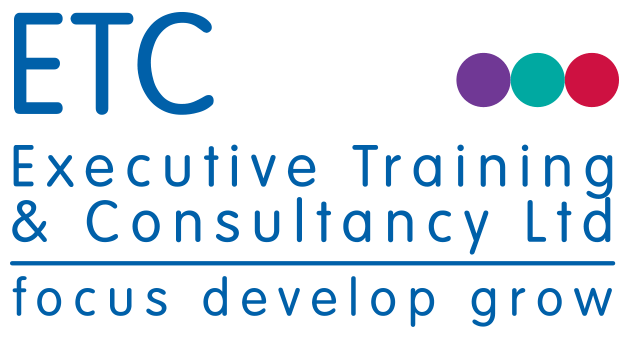Guest blog by Doug D’Aubrey from ETC
An annual business plan is like a road map to success. It is possible to run a business without one, but you increase the chances of heading in the wrong direction, and you’ll find it harder to convince people to join you without one.
Many small businesses don’t write a business plan as they admit to not following them. In which case, I’d agree, don’t waste time creating one. But imagine if you did make one and followed it? Where might your business end up?
Growing a profitable business requires a balancing act of administration and creativity. It’s very easy to spend your business day replying to emails and ‘doing the job’. However, is only focusing on delivery driving your business forward?
Here are some guidelines to help you find that balance and create a successful 2022 business plan:
How to write a business plan
Business plans don’t need to be complicated and full of business jargon. At their core, they should be able to answer three things:
- What are you going to do?
- What will it achieve?
- What is the market/business impact?
Also, business plans don’t need to be the sole responsibility of the business owner. If you have partners or business mentors, now is the time to get them involved. They can help steer you in the right direction and identify hidden factors.
When writing a business plan, it’s always helpful to use the SOSTAC model:
Situation
Like using a sat nav: to know how to get somewhere, you first need to know where you are. Conducting this business review can also draw that line in the sand to help measure progress.
So, where are you now? How many products do you have, how many customers, how much did you spend against your previous budget, sales numbers etc.
At this stage, consider taking advantage of an independent, free business review from Executive Training and Consultancy. There’s no obligation, and they can help get your business plan onto paper.
Objectives
Now, enter your destination. Where do you want to be? Set Specific, Measurable, Achievable, Realistic and Timebound (SMART) objectives for each of the steps required to achieve your goals.
Strategy
The route. How are you going to get there? Broadly, how do you plan to achieve the objectives you’ve defined? For example, if one aim is to increase sales, the strategy might be to start selling in new markets.
Like a sat nav, this is where you can include some flexibility as things in the year might take you down a different road. However, if you’re objectives are clear, you’ll always be heading in the right direction.
Tactics
What are you going to do? With the strategies outlined, you’ll need to decide what ‘things’ you need to do to achieve these. For example, if your strategy to increase sales is to penetrate new markets, one tactic might be to have an online store.
In larger organisations, you can ask your managers to supply what they’re doing to help achieve the larger business goals.
Action
This is the list you’re probably used to making on a daily basis. It’s the task list for each of the tactics you outlined above. For example, when selling into new markets online, your actions may include things like:
- Build an e-commerce website
- Research shipping fees
- Review pricing
- Review packaging options
Control
Setting defined metrics or milestones will help you record and recognise success.
An easy mechanism to establish success against your goals is to attach accountability to the objectives, strategies, tactics and actions. Regular management team meetings, or if you’re a smaller business, scheduled meetings with your business coach will encourage you to stick to your plan.
It sounds logical, but you’d be surprised how many plans are written but not followed. As a business owner, there are so many distractions; it’s easy to lose sight.
Need help writing a business plan?
If you need help creating a comprehensive business plan for 2022, take advantage of an independent, free business review from Executive Training and Consultancy. ETC will spend two hours with you, giving you professional coaching and will leave you with actions for immediate implementation.







